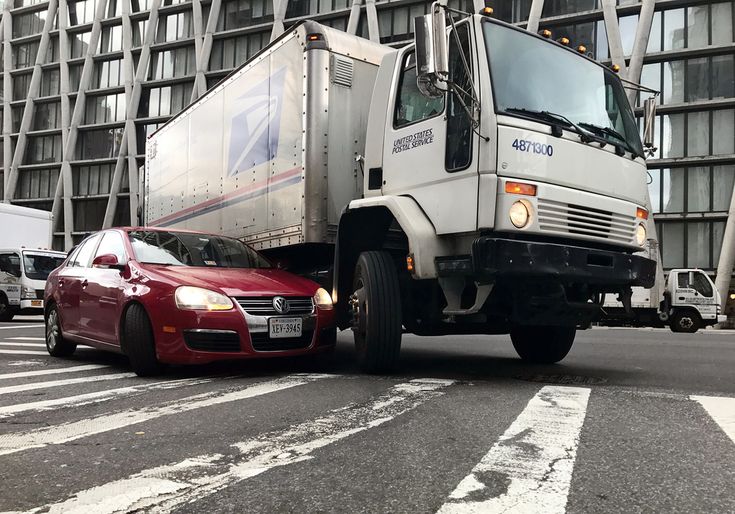Auto insurance is a vital safety net on the road, but understanding your coverage limits is equally essential. In this article, we’ll explore auto insurance coverage limits, discuss recommended coverage according to Consumer Reports, and help you determine the right amount of coverage for your specific needs. Whether you’re wondering about limits like 100/300 or 250/500, or looking for guidance on property damage liability, we’ve got the answers.
Why Coverage Limits Matter
Before we dive into the details, it’s crucial to grasp why your auto insurance coverage limits matter. These limits dictate how much protection your policy offers, and choosing the right ones can be the difference between financial security and uncertainty.
Recommended Car Insurance Coverage
1. The Consumer Reports Recommendation
Consumer Reports, a trusted source for product and service reviews, provides guidance on the ideal car insurance coverage limits. We’ll delve into their recommendations.
2. Auto Insurance Limits: What Do They Mean?
Understanding what those numbers like 100/300 or 250/500 signify is crucial for choosing the right coverage for your needs.
3. How Much Car Insurance Do I Need? Use a Calculator
We’ll guide you through using a car insurance coverage calculator to determine the ideal coverage for your circumstances.
Debating Coverage Limits: Reddit’s Take
1. Reddit’s Insights on Car Insurance Coverage
Reddit, a hub for discussions and advice, offers diverse perspectives on recommended car insurance coverage. We’ll explore some of the community’s insights.
2. The 100/300 vs. 250/500 Dilemma
We’ll compare two common sets of auto insurance limits, 100/300 and 250/500, to help you understand the differences.
3. Is 250/500 Insurance Worth It?
If you’re contemplating higher limits like 250/500, we’ll discuss whether it’s a worthwhile investment based on your needs.
Recommended Auto Insurance Coverage by State
1. The Role of State Regulations
Auto insurance coverage requirements can vary significantly from one state to another. We’ll highlight the influence of state regulations on recommended coverage.
2. Recommended Auto Insurance Coverage in California
California, with its unique insurance landscape, has specific recommendations for auto insurance coverage. We’ll delve into these requirements.
3. Finding Your State’s Recommendations
To ensure you meet your state’s insurance requirements, we’ll guide you on where to find recommended coverage limits.
How to Determine Your Ideal Coverage
1. Assess Your Assets and Risk Tolerance
Determining your ideal coverage begins with assessing your assets and risk tolerance. We’ll explain how these factors impact your coverage choices.
2. Consider Your Vehicle’s Value
The value of your vehicle plays a significant role in choosing the right coverage limits. We’ll help you decide what’s best for your car.
3. Understand the Cost of Higher Limits
While higher limits offer more protection, they come at a cost. We’ll explore the financial implications of choosing higher coverage.
4. Evaluate Your Driving Habits
Your driving habits, such as daily commute distance and road conditions, influence the coverage you need. We’ll help you make the right decisions based on your habits.
Is Umbrella Insurance Right for You?
1. The Role of Umbrella Insurance
Umbrella insurance provides additional coverage beyond your auto policy. We’ll discuss whether it’s the right choice for you.
2. The Benefits of Extra Protection
We’ll highlight the advantages of umbrella insurance in offering extra security for your assets.
3. Weighing the Costs and Benefits
Deciding whether to invest in umbrella insurance involves assessing the costs and benefits against your coverage needs.
Conclusion
Auto insurance coverage limits are the foundation of your financial security on the road. Whether you follow the recommendations of Consumer Reports, engage in discussions on Reddit, or adhere to your state’s requirements, choosing the right limits is a critical decision. By understanding your assets, risk tolerance, and unique circumstances, you can confidently determine your ideal coverage. Don’t leave your financial well-being to chance; make informed choices and drive with peace of mind.

